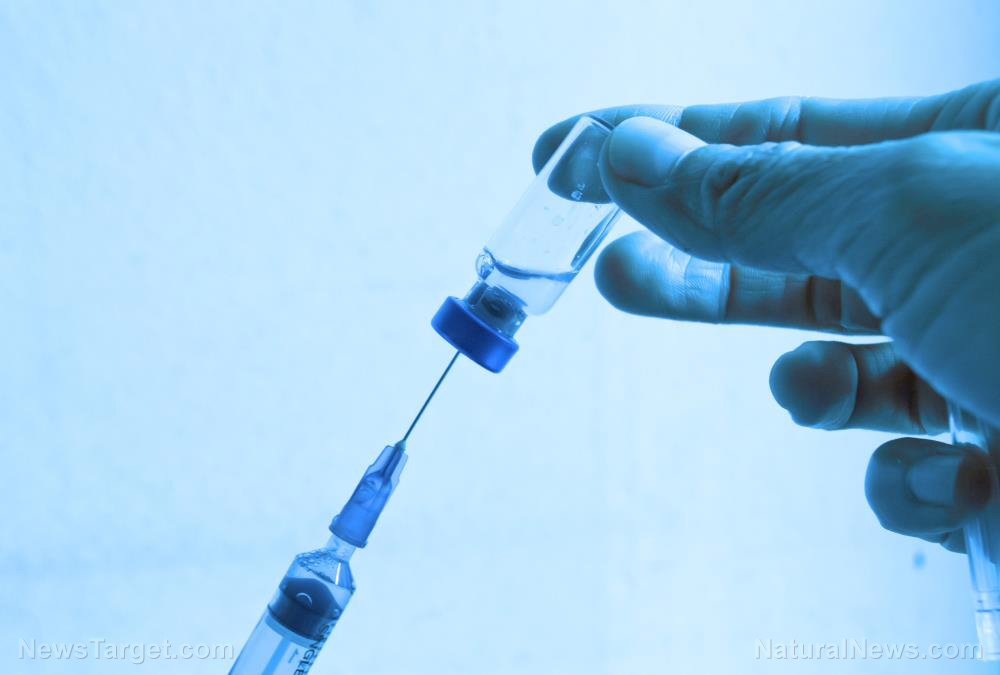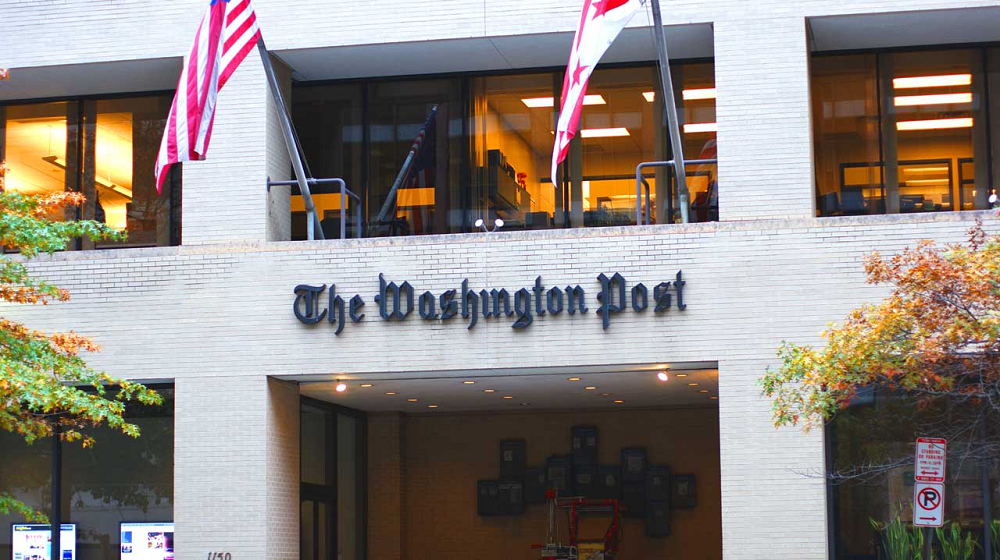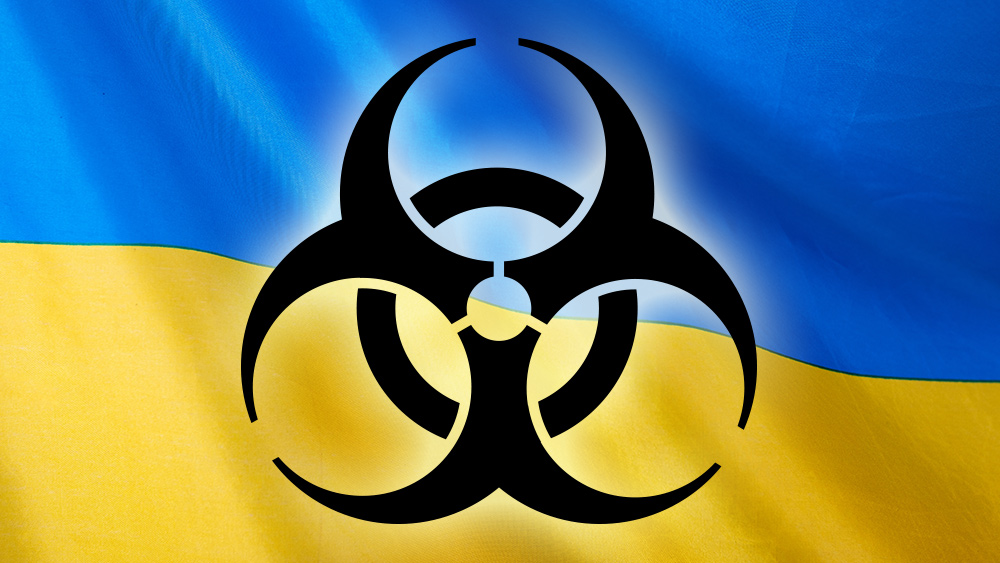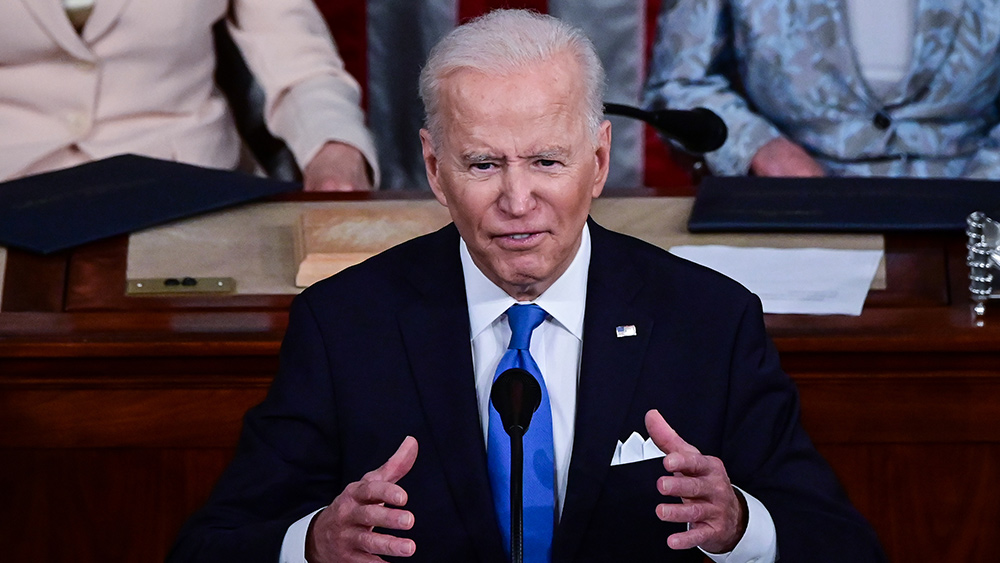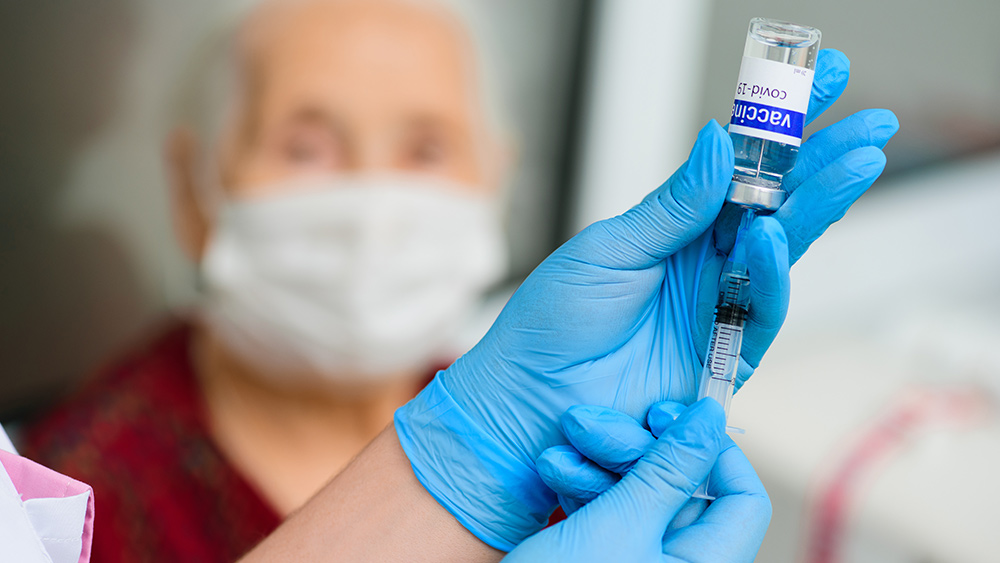UK‘s medicine regulator receives funding from the Bill & Melinda Gates Foundation that pushes vaccines and depopulation
08/19/2021 / By Cassie B.
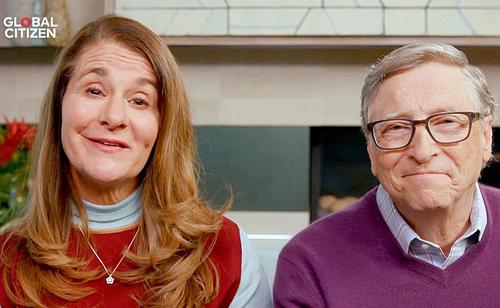
The UK’s Medicines and Healthcare products Regulatory Agency, or MHRA, is meant to be a neutral body that is responsible for making sure that the medicine and medical devices used in the country are acceptably safe.
However, there are serious questions about the agency’s impartiality because they receive significant funding from the Bill & Melinda Gates Foundation in what can only be considered a major conflict of interest. The foundation holds major shares in COVID-19 vaccine developers Pfizer and BioNTech.
Perhaps this explains why the Pfizer and BioNTech vaccine was the first one to be authorized for use in children aged 12 and over back in June and remained the only one available to this age group until Moderna’s vaccine was approved this week.
The approval of Pfizer’s vaccine was particularly shocking when you consider that 86 percent of children who participated in the very short and small clinical study used to make the decision suffered from an adverse reaction.
In a Freedom of Information request posted on the website of the MHRA, a representative of the agency admitted that they do receive funding from the Bill and Melinda Gates Foundation that mainly supports work on strengthening the regulatory systems in other countries. They added that most of their income comes from fees paid by the pharmaceutical industry.
The agency stated that the current level of grant funding that they receive from the foundation is roughly $3 million, which they say is spread across several projects and three to four financial years.
They added that they would not approve any COVID-19 vaccines until they demonstrate “safety, quality and efficacy through a robust clinical trial programme, as determined by the MHRA, and unless the evidence supports its use.” However, they go on to add that they carefully reviewed the clinical trial data for Pfizer’s vaccine in a study of just 2000 children. They said that the safety data in children was on par with that seen in young adults, which is hardly comforting.
They added that the immunogenicity results, which show how well a vaccine functions, showed that children aged 12 to 15 had similar neutralizing antibody levels to those aged 16 to 25, but they only studied 200 children to reach this conclusion.
Why would any legitimate government agency want to be associated with the Bill & Melinda Gates foundation?
In 2017, the MHRA announced a partnership worth more than £980,000 with the Bill and Melinda Gates Foundation and the World Health Organization aimed at improving safety monitoring of medicine in low and middle-income countries. Two years later, they announced a partnership with the Bill & Melinda Gates Foundation to research “medicine use which could impact the health of pregnant women around the world.”
This is deeply troubling to anyone who is familiar with the Gates’ track record. Bill himself has gone on the record in a TED conference as saying that vaccines, healthcare and reproductive services could reduce the world’s population by billions of humans. The foundation has also been accused of giving vaccines with sterilization chemicals to unsuspecting Africans.
India’s National Technical Advisory Group on Immunization even went so far as to cut ties with the foundation after it was revealed that its vaccine “campaigns” being conducted on young Indian girls on the pretense of protecting them from cervical cancer were really a form of cloaked vaccine trials that used two highly controversial HPV vaccines linked to significant injury and death.
It’s hard to believe that medical regulators in any country would want any association with them, but the MHRA has been troubled for many years. In 2005, the agency came under fire from the UK’s House of Commons Health Committee for a lack of transparency, and they were accused of advancing the interests of pharmaceutical companies instead of the interests of the people by the same committee the year before.
Sources for this article include:
Submit a correction >>
Tagged Under:
biased, Big Pharma, Bill &Melinda Gates Foundation, bill gates, BioNTech, conspiracy, corruption, deception, MHRA, pandemic, Pfizer, vaccines
This article may contain statements that reflect the opinion of the author
RECENT NEWS & ARTICLES
COPYRIGHT © 2017 PENSIONS NEWS

